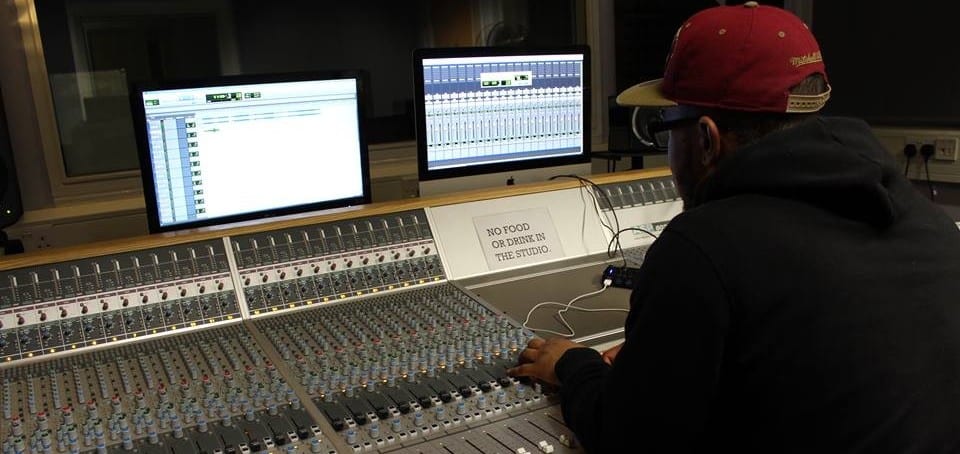Today I have been carrying out research on professional practices within the music industry, I have been looking at a various number of websites and books. Sourcing the article Learn How to Communicate in the Music Industry(thebalance.com) by Heather McDonald I have found a relevant passage to help me define and explain professional practices in the music industry,
One of the most basic ways to demonstrate your professionalism is the way you communicate with your colleagues in the music industry. Whether you’re a musician approaching a record label, a label approaching a distributor or a wannabe manager reaching out to an established manager for some advice, being professional matters. Here are a few things to keep in mind.
- Get to the point
- Don’t be too casual
- Respect Boundaries
- Don’t lose your temper
- Be Courteous
I have also been looking at the The New Music Industry: Adapting,Growing, And Thriving in the Information Age (David Andrew Wiebe)
David wrote professionalism is important….different industry people have different preferences for communication
Good communication is a key skill to have if you wish to be professional and successful within the music industry. Throughout the duration of this project I will be ensuring my communication with artists is always appropriate and productive.
This post relates to Learning Outcome 1
References
The New Music Industry: Adapting,Growing, And Thriving in the Information Age By David Andrew Wiebe
https://www.thebalance.com/music-industry-quick-tip-communicate-like-a-professional-2460778
